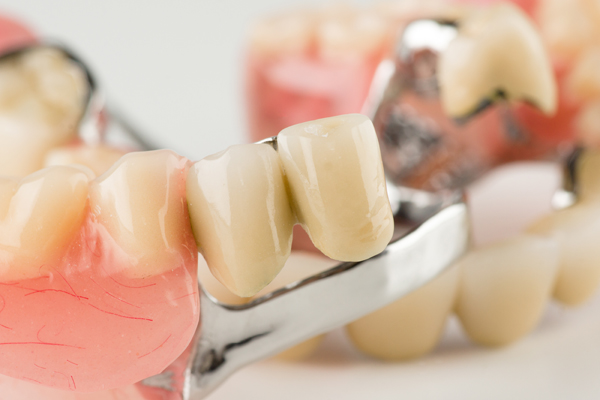TMJ Pain and Treatment Options

TMJ pain makes it difficult for people who are affected to speak and eat.
Fortunately, the condition, which affects over three million people, can be treated.
What is TMJ?
The temporomandibular joint is a joint that acts like a hinge that connects the jawbone to the skull, with one on each side of the jaw. Temporomandibular joint and muscle disorder (TMD), causes pain in the joints and muscle in the jaw that control the movement of the jaw.
The cause of TMJ disorder is difficult to determine because there are many factors that contribute to the disorder, including arthritis, injuries to the jaw and genetics. People that grind their teeth also tend to have jaw pain.
Does TMD require surgery to fix?
For most people, the discomfort and pain associated with the TMJ disorder are temporary, which means it can be treated without undergoing surgery. In some special and rare cases, surgery is performed as a last resort if the pain persists and non-invasive methods do not work.
What are the symptoms of TMD?
The symptoms of TMJ disorder include:
- Pain while chewing food
- A locking of joints, which makes it difficult to open the mouth
- Pain in and around the ear
- Pain in the jaw
- Pain in the temporomandibular joints
People who experience any of the symptoms should make an appointment with a dentist to discuss treatment options.
Treatment of TMJ disorder
The pain associated with TMD is temporary in most cases, which means the symptoms may go away without treatment. However, if the symptoms persist, then the person should see their dentist to discuss treatment options.
Medication
For most cases, dentists and doctors recommend pain relievers and anti-inflammatory drugs to treat the pain. If over-the-counter medication is not strong enough to manage the pain, the dentist will prescribe something stronger to deal with the pain.
Dentists might also prescribe amitriptyline, which is used primarily to treat depression but also works as an effective painkiller. Dentists have also had a lot of success using muscle relaxants to treat the pain associated with TMJ disorder.
Therapy
If one does not want to take drugs for the pain, therapy is another option that can offer relief from the pain. The dentist can recommend the use of oral splints or mouth guards to deal with the pain. Physical therapy treatments, like the application of heat and ice to the affected area, have also been successful in relieving the pain.
Counseling is used as a way to help patients understand what triggers the pain and how to avoid them. Bad habits, like biting fingernails and grinding the teeth, are examples of those factors.
Home remedies
TMJ can be treated with a few home remedies, including stretching and massaging the jaw muscles or using a cold compress or a heated towel on the face to reduce the pain.
Conclusion
TMD can be painful. Fortunately, it is also treatable. If you have TMD and want to get treatment, schedule an appointment with your dentist to go over your treatment options.
Request an appointment here: https://www.pacifichorizondentalarts.com or call Pacific Horizon Dental Arts at (714) 260-0763 for an appointment in our Placentia office.
Check out what others are saying about our services on Yelp: Read our Yelp reviews.
Recent Posts
There are many benefits to removable partial dentures instead of alternative treatment solutions (i.e., implant-supported bridges). Understanding the advantages of partial dentures can help you make the most informed choice possible about the best way to replace your missing teeth. Removable partial dentures are a form of teeth replacement for a section of missing teeth. They…
A TMJ Dentist is a dental professional who helps diagnose and treat problems with the temporomandibular joint (TMJ), which connects the jaw to the skull. Issues with this joint can cause pain, stiffness, and discomfort in the jaw. They can also lead to headaches, earaches, and trouble chewing. Visiting a TMJ dentist is an important…
Children's oral health lays the foundation for a lifetime of healthy smiles. Pediatric dentists can promote proper oral and speech development by identifying and treating dental issues early on. Since these dental providers complete the training necessary to deliver tailored care for the needs of young patients, they are typically the best choice for children's…
Are you thinking about getting dental sealants? While this preventive dental treatment is commonly used on children's teeth to prevent the formation of cavities, it can also protect adults' teeth. According to WebMD, dental sealant is a thin plastic coating painted on the chewing surfaces of teeth, usually the back teeth, to prevent tooth decay.Understanding…


